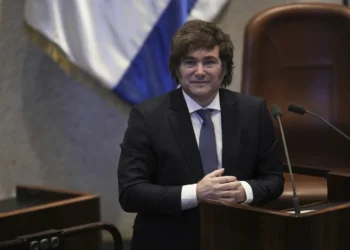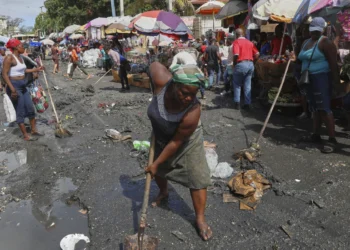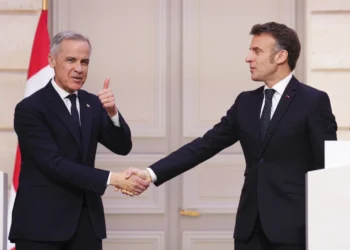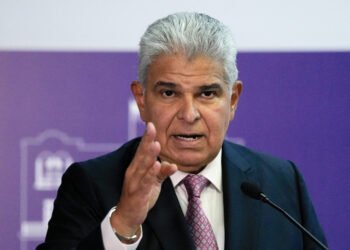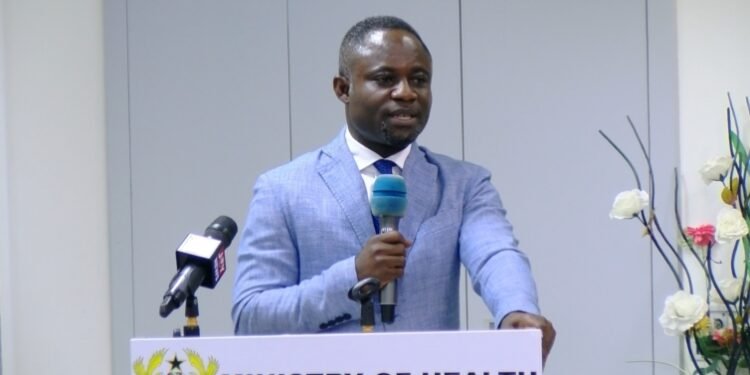United Nations Secretary-General António Guterres has proposed a new plan to establish an effective force in Haiti as the nation grapples with relentless gang violence.
Speaking at a gathering of Caribbean leaders in Barbados, Guterres underscored the urgent need for international intervention to restore security and stability in the crisis-stricken country.
Addressing leaders of the Caribbean Community (CARICOM), Guterres emphasized that “gangs are inflicting intolerable suffering on a desperate and frightened people.” He commended CARICOM and its Eminent Persons Group for their ongoing efforts to mediate the crisis and called for greater unity in tackling Haiti’s escalating security challenges.
Guterres reiterated the importance of a Haitian-led political process aimed at restoring democratic institutions through elections. He noted that a Security Council-backed Multinational Security Support Mission is already in place to assist the Haitian National Police in maintaining order.
As part of the UN’s next steps, the Secretary-General announced his intent to submit a comprehensive report to the Security Council, outlining potential UN contributions toward stability and security while addressing the deeper causes of the crisis.
The proposal mirrors an existing strategy in Somalia, where the UN has taken responsibility for structural and logistical expenditures to support a security force. Salaries for personnel would be paid through a pre-existing trust fund. “If the Security Council will accept this proposal, we will have the conditions to finally have an effective force to defeat the gangs in Haiti and create the conditions for democracy to thrive,” Guterres stated, receiving applause from the gathered leaders.
Pivoting to another pressing global issue, Guterres highlighted what he termed a “deplorable injustice” in the fight against climate change. He pointed out that Caribbean nations have contributed minimally to the climate crisis but have endured disproportionate consequences. He called on global leaders to uphold their commitments to limiting temperature rise to 1.5 degrees Celsius.
The Secretary-General urged countries to submit updated national climate plans ahead of the upcoming COP30 UN Climate Conference. He emphasized the need for the world’s leading economies, particularly the G20, to take responsibility for cutting emissions and championing clean energy solutions.
“This is a chance for the world to get a grip on emissions. And it’s a chance for the Caribbean to seize the benefits of clean power, to tap your vast renewables potential, and to turn your back on costly fossil fuel imports.”
United Nations Secretary-General António Guterres
Financing remains a crucial challenge. Guterres stressed that the $1.3 trillion pledged at the previous COP must be mobilized to support global climate efforts.
Developed nations, he insisted, must follow through on their commitments to adaptation finance and make meaningful contributions to the newly established Loss and Damage Fund. “When the Fund was created, the pledges made were equivalent to the new contract for just one baseball player in New York City,” he remarked, highlighting the disparity in global funding priorities.
The Fight for Sustainable Development
Beyond security and climate, Guterres drew attention to the ongoing struggle to finance the Sustainable Development Goals (SDGs). He warned that progress is being hindered by mounting debt burdens, which continue to divert essential resources away from development initiatives. International financial institutions, he added, remain underpowered in addressing these pressing economic challenges.
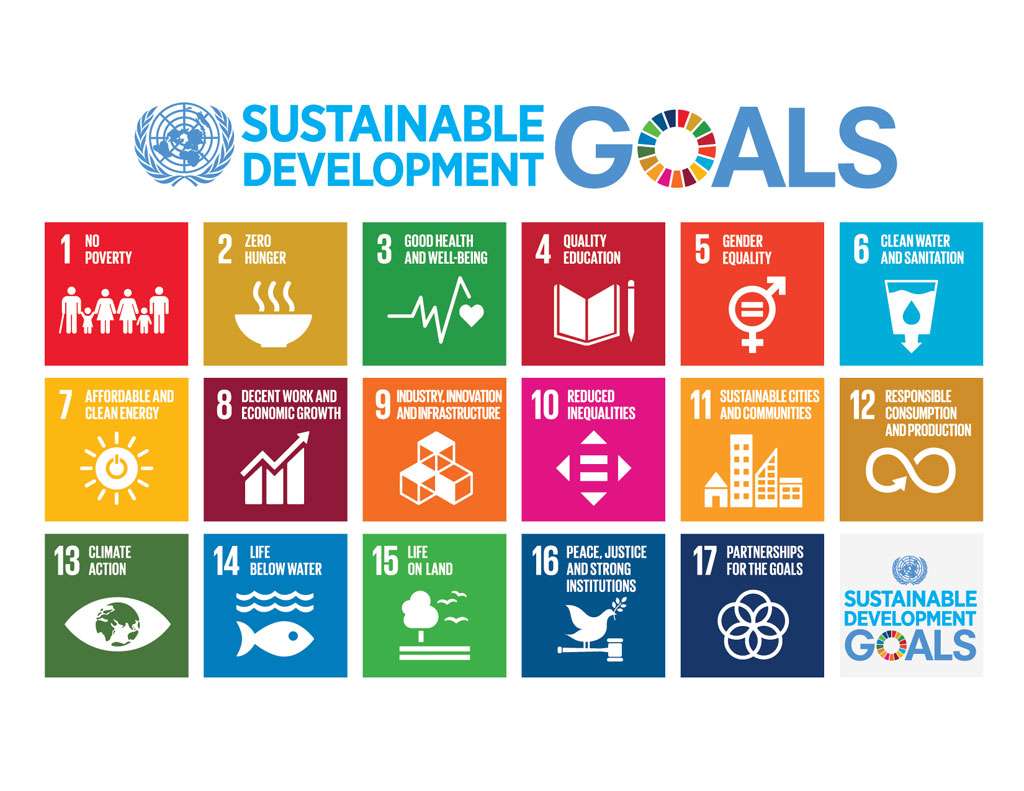
Despite these hurdles, Guterres praised Caribbean nations for their leadership in pushing for financial reform. He pointed to the Pact for the Future and the Bridgetown Initiative as significant steps forward in reshaping global economic structures.
Guterres thanked Caribbean leaders for supporting the Pact, which has been formally adopted by UN Member States. Key provisions include an SDG Stimulus package of $500 billion annually and a commitment to reform international financial institutions to ensure greater representation for developing nations.
As Haiti’s crisis deepens and the climate emergency intensifies, Guterres’ address in Barbados underscored the urgent need for unified action.
READ ALSO: Ghana Faces Strict $250 Million External Borrowing Cap in 2025 Under IMF Program




